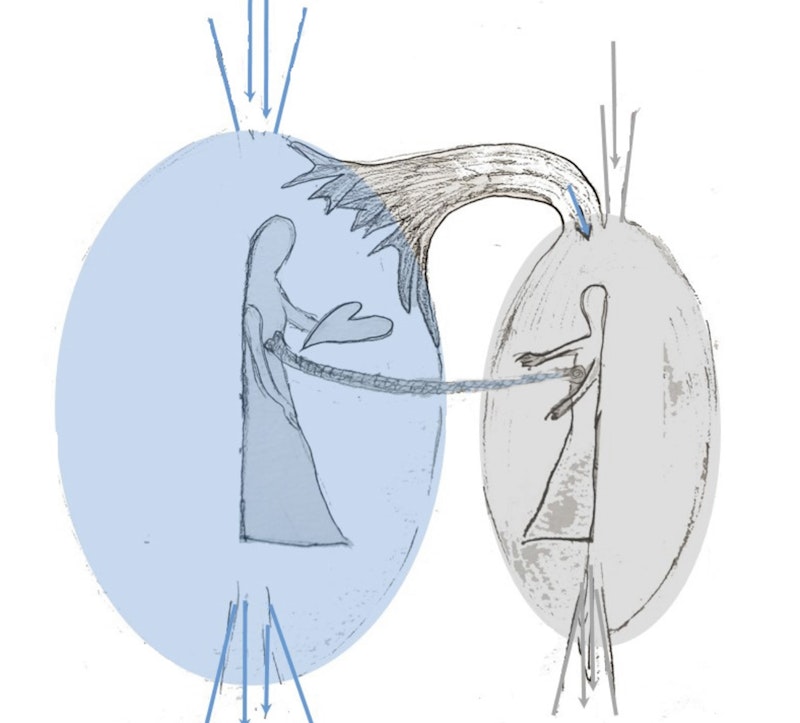Have you ever hosted an energy vampire? Maybe they entered your life one way and became an energy vampire, maybe they’ve been one since you were born, or maybe you’re surrounded by them and have never known it. If you’re an empath, you probably unintentionally attract them.
Let’s take a look at what energy vampires are:
“Energy vampires are people who—sometimes intentionally—drain your emotional energy. They feed on your willingness to listen and care for them, leaving you exhausted and overwhelmed.”
If you’re like me, constantly working on improving my mental health through therapy, reading, mindfulness, weed, whatever means possible, then you’re interested in concepts like this.
Sometimes, in pop psychology, an energy vampire can be someone who’s a narcissist and demands narcissistic supply from their codependent partner, requiring attention and praise. But on the flip side of dysfunctional relationships (I only have an undergrad Psych degree, but a life PhD from Dysfunction Junction University), energy vampires can also often be those who have a lower vibration and seek out individuals with a higher vibration in order to deplete the needed life force, love, friends, attention, social klout or other resources of their hosts.
When you’re an empath (or you have Borderline Personality Disorder like me) you intensely feel not only your own emotions but also those of others; this can also mean you’re codependent, and in a worst-case scenario, you have a savior complex and attract those who drain energy out of you because you’re unreasonably trying to save them.
“The overarching principle of codependence is the keen, undiverted focus on another person. A codependent person constantly analyzes others, blaming them for his own problems, all the while trying to solve theirs.”
As I learn more about entering and exiting relationships, especially as I see them with 20/20 hindsight, it makes sense how my painful, abusive upbringing has affected my interactions.
As with so many women, it all goes back to the “mother wound” relationship. If you didn’t have a stable, healthy interaction with your mother—due to addiction or her codependence in addictive relationships—you’re starting out in the hole in terms of how you interact with people: how you choose them, how healthy they are, etc. The possibility of attracting energy vampires increases in probability as a result of trying to heal past dysfunctional relationships.
On codependence:
If you grew up in a dysfunctional family, you grew up thinking that you can and must make a difference. You believe that you can do it all if you put in enough effort. You grow up feeling omnipotent. You fail to recognize your own limitations because this is the only way you can feel needed and whole.
If you are codependent, you have a savior complex. Weakness and vulnerability attract you. You’re obsessed with helping others and will make personal sacrifices to resolve another's problem, even if no one asked or if you have a choice not to. You’ll never put yourself first because you are afraid of rejection and can’t handle being alone.
You’re not a person—you’re a function.
The more truth we face, the better we can heal and become the next version of ourselves so we don’t make the same mistakes. People undertake ungodly measures to get tickets to a Taylor Swift concert to hear the song line "It’s me, hi, I’m the problem, it’s me…” and if we aren’t willing to acknowledge the roles we have in relationship mistakes, we’ll keep making them over and over.
Whether you fluctuate between being the victim of an energy vampire, being an energy vampire yourself, suffering from a mother wound, harboring a savior complex or for some people we encounter, an unfortunate and difficult to negotiate victim/martyr complex, the best thing to do is take that look in the mirror and do the tough work to be sure the person looking back at you is someone you can love and accept unconditionally, because if you can’t, you will never be able to love someone else.
—Follow Mary McCarthy on social media.

